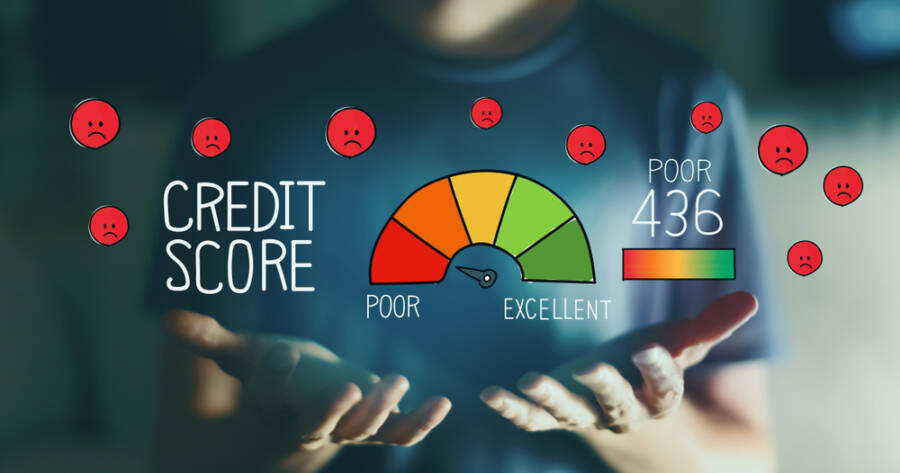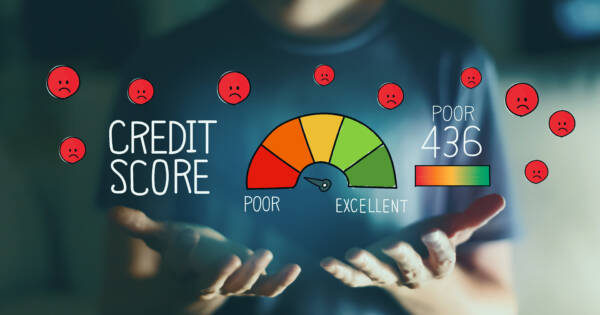Spring is a time for renewal and fresh starts, and it’s also the perfect opportunity to tidy up your finances. Among the priorities for many is refreshing their credit score. A higher credit score may open doors to better financial opportunities, including favorable loan rates and rental options. By understanding the factors that contribute to your credit score and taking proactive steps, you might see improvements over time.
Understanding the Components of Your Credit Score
Your credit score is a numerical representation of your creditworthiness, typically ranging between 300 and 850. It’s essential to understand the five major factors that influence your score:
- Payment history: Making payments on time can be crucial, as this factor typically makes up the largest portion of your score.
- Credit utilization: Often, it’s recommended to keep your credit card balances below a certain percentage of your limit to maintain a healthy score.
- Credit history length: The age of your oldest account, combined with the average age of your accounts, can impact your score.
- New credit accounts: Applying for several new accounts in a short time might negatively impact your score due to multiple hard inquiries.
- Credit mix: Having a variety of credit types, such as installment loans and revolving credit, may be beneficial.
Understanding these components allows for targeted efforts in improving credit health.
Steps to Refresh Your Credit Score
Taking deliberate actions can potentially lead to a healthier credit score over time. Here are some steps to consider:
Check Your Credit Reports Regularly
You are entitled to one free credit report annually from each of the three major credit bureaus. Reviewing your reports may help identify errors or potential identity theft. If inaccuracies are found, disputing them with the bureaus might lead to a corrected score. Keeping an eye on your credit report can also offer insights into areas needing improvement.
Develop a Plan for Debt Repayment
Consider creating a realistic budget that includes a plan for paying down existing debts. Some might find success with strategies like the snowball or avalanche methods, prioritizing small debts or those with higher interest rates, respectively. Consistent payments can steadily reduce debt and improve credit utilization.
Limit New Credit Applications
Frequent applications for credit can result in hard inquiries, which might affect your score temporarily. It’s advisable to apply only when necessary and consider the type of credit you’re applying for to ensure it aligns with your financial goals.
Consider Professional Advice
If you’re unsure about how to proceed, credit counseling services might offer guidance. These non-profit organizations can provide budgeting advice and debt management plans. While they don’t guarantee a boost in credit score, they can offer insights into financial health.
Maintaining Good Credit Habits
Even if your credit score is satisfactory, fostering good financial habits can help maintain or even improve it.
Pay Bills on Time
Setting up automatic payments or reminders can ensure timely bill payments, which could positively affect your payment history.
Monitor Credit Utilization
Keeping your credit card balances low might improve your credit score. Aiming for a utilization rate below a particular percentage is often seen as a good practice.
Diversify Your Credit Mix
If your current financial situation allows, adding a type of credit that’s absent from your profile, like an installment loan, might improve your credit mix. However, this step should be considered carefully and only if needed.
A Path to Financial Wellness
Embarking on a journey to enhance your credit score can be a thoughtful financial decision. By understanding the key factors affecting your score and applying strategic actions, you might foster a healthier financial future.
Regularly monitoring your credit report, managing debt wisely, and seeking professional advice if needed can play significant roles in this process. While there are no guarantees, maintaining good habits can potentially open the door to improved credit opportunities, paving the way for lasting financial well-being.








